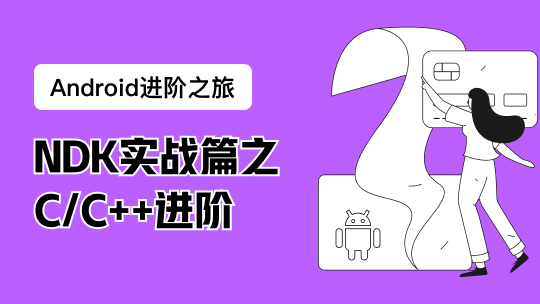##strcat函数原型
char * strcat ( char * destination, const char * source );
##strcat常见写法
// main.cpp
// 字符数组strcat()函数的使用
// char * strcat ( char * destination, const char * source );
// 来源的头文件 #include <string.h> 或者#include <cstring>
// 功能:将字符串 source连接到字符串 destination的后面,并把destination地址返回。
// 常见问题:strcat()函数常见的错误就是数组越界,即两个字符串连接后,长度超过第一个字符串数组定义的长度,导致越界
// Created by mac on 2019/4/5.
// Copyright © 2019年 mac. All rights reserved.
#include <iostream>
#include <cstring>
using namespace std;
int main(int argc, const char * argv[]) {
//几种常见的写法:
// 写法一:直接不定义字符数组,定义两个字符指针。编译成功,运行出错。
// char *p="Hell";
// char *q="o,World!";
// strcat(p,q);
// cout<<p<<endl;
// 写法二:定义了字符数组,但是不指定字符数组的长度, 程序的编译运行都没有问题。
// char p[]="Hell";
// char *q="o,World!";
// strcat(p, q);
// cout<<p<<endl;
//写法三:定义字符数组的时候指定字符数组的大小,程序的编译运行都没有产生问题
// char p[30]="Hell";
// char *q="o,World!";
// strcat(p, q);
// cout<<p<<endl;
//写法四:定义没有指定长度的字符数组和字符串常量,编译运行都没有问题
// char p[]="Hell";
// strcat(p,"o,World");
// cout<<p<<endl;
//写法五:直接连接两个字符串常量 编译成功,运行出错。
//cout<<strcat("Hell", "o,World")<<endl;
return 0;
}
##运行成功输出

##运行失败输出

##Tips
- 字符串连接的时候主要看destination中的空间是否充足。
##参考文献















